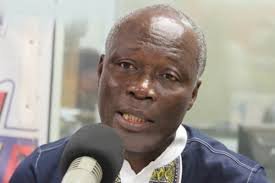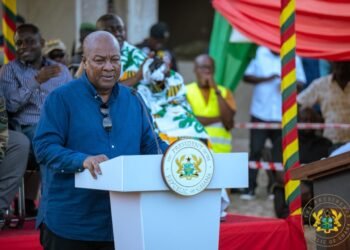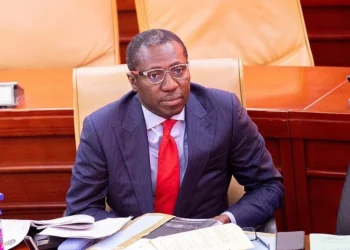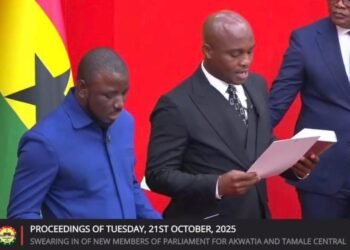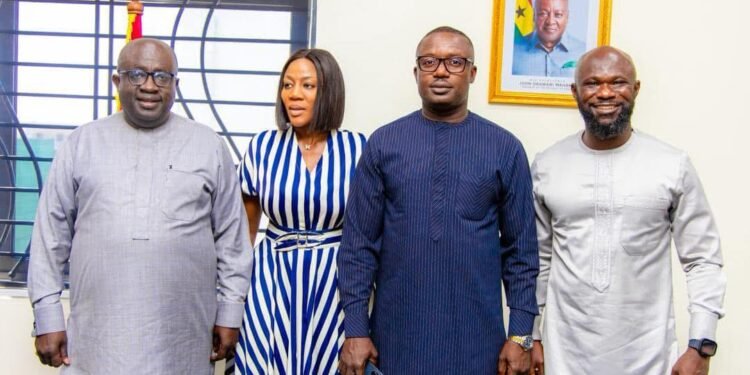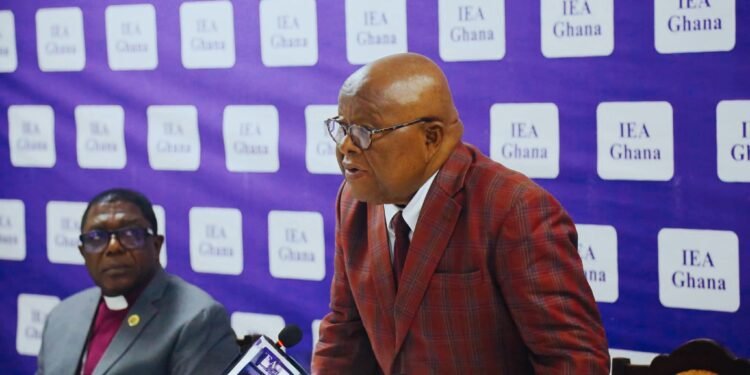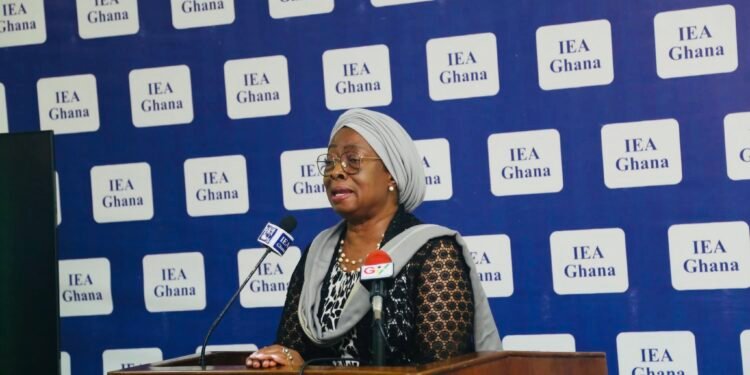The Teachers and Educational Workers’ Union (TEWU) has issued an urgent call to the Fair Wages and Salaries Commission (FWSC) to conclude long-standing negotiations over the Conditions of Service for its members.
In a formal letter addressed to the FWSC, TEWU referenced multiple communications dating as far back as August 2023, underscoring growing frustration over the delay in finalizing these crucial employment terms.
TEWU’s leadership highlighted that the lack of finalized Conditions of Service has prevented its members—non-teaching staff across several educational institutions—from accessing improved financial benefits already being enjoyed by other public sector employees.
“We want to draw your attention to letters numbered TEWU/02/012/VOL.11/107, dated 5th November, 2024, TEWU/02/012/VOLI/105, dated 21 October, 2024, TEWU/02/012/VOL 1/103, dated 27th August, 2024 and TEWU/02/012/VOL 8/95 dated 11th August, 2023 on the above subject for Public Universities and Technical Universities, Ghana Education Service, Ghana Museums and Monuments Board and Ghana Library Authority respectively.”
Teachers and Educational Workers’ Union (TEWU)
The union pointed out that these letters have all gone unanswered with no resolution in sight.
According to TEWU, this protracted delay has placed its members at a significant disadvantage compared to teaching staff, who have already received financial upgrades under their own reviewed conditions.
One key point of contention is the Professional Development Allowance—a benefit that teaching staff have seen doubled from GHC 1,200.00 to GHC 2,400.00.

TEWU argued that this increase has come “to the detriment of the Non-Teaching Staff because their Conditions of Service is yet to be signed.”
The union also cited discrepancies in the disbursement of Utility Allowances and Vehicle Maintenance Allowances—benefits that have been made available to senior, management, and technical university staff whose Conditions of Service have already been finalized.
The exclusion of non-teaching personnel from these benefits, TEWU warned, is further aggravating divisions and generating unrest among its members.
TEWU Sets Deadline For Action
Accordingly, the leadership of TEWU emphasized that their patience is wearing thin. While they have managed to calm their members for several months, the union warned that the growing sense of inequity has sparked “serious agitation” across their ranks.
The letter stated in no uncertain terms that union executives are now reaching the limit of their ability to maintain calm and cohesion among frustrated staff.

“We are compelled to give the Fair Wages and Salaries Commission up to 31 May, 2025, to invite us to the negotiation table to conclude Conditions of Service for all our members, otherwise, we shall advise ourselves after 31 May, 2025.”
Teachers and Educational Workers’ Union (TEWU)
Though no specific strike or protest action was mentioned, the phrase “advise ourselves” is widely interpreted as a warning of possible industrial action or escalation.
This isn’t the first time TEWU has taken a strong position in defense of its members. Known for its motto—“TRUTH, ENLIGHTENMENT, WISDOM, and UNITY”—the union has often been at the forefront of advocacy efforts aimed at protecting non-teaching staff in the educational sector.
What makes the current standoff unique, however, is the breadth of institutions affected—from basic education under the Ghana Education Service to the apex level of public and technical universities.
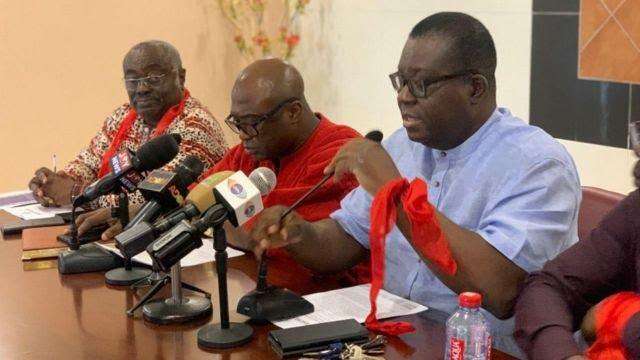
The delay in implementing comprehensive Conditions of Service not only deepens inequality within the education workforce but could also disrupt operations across major educational and cultural institutions if not swiftly addressed.
Non-teaching staff serve vital roles that keep campuses, libraries, and museums functioning. Without their cooperation and morale, systemic breakdowns are inevitable.
TEWU’s demand for fair treatment is also being viewed through the lens of broader labor tensions within the public sector.
With economic pressure mounting and cost of living still high, unions across various sectors are pushing harder for better compensation, more timely negotiations, and transparent policy implementation.
The delay in resolving TEWU’s concerns could serve as a flashpoint for similar discontent in other unions.
The Fair Wages and Salaries Commission has yet to issue a public response. However, the fast-approaching deadline makes this an urgent matter for the FWSC and relevant ministries to resolve.
Any further delay may not only erode trust but could also escalate into full-blown disruption across Ghana’s already strained education sector.
READ ALSO: Deputy Finance Minister Pushes for Private Sector-Led Energy Expansion




